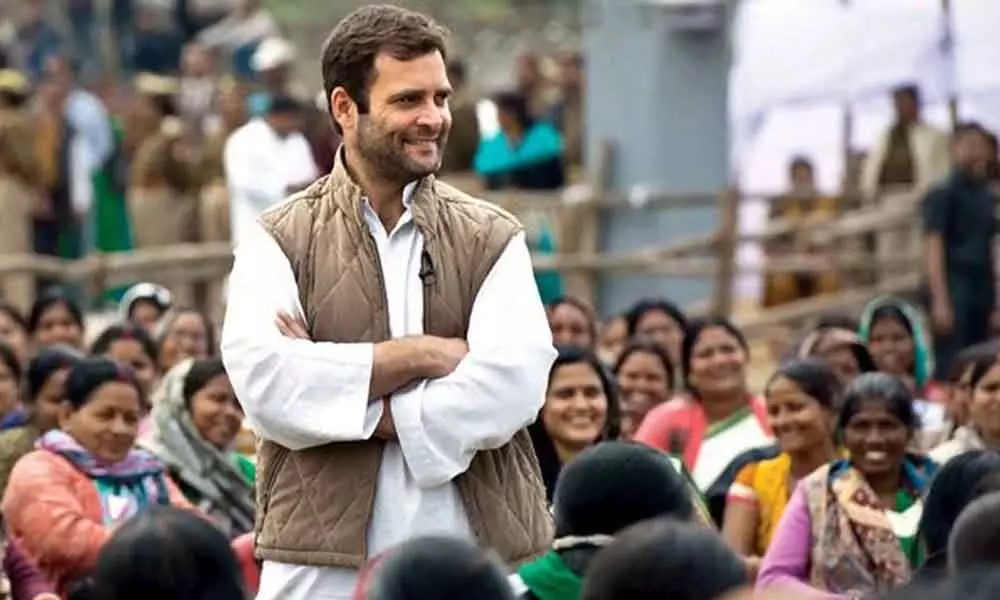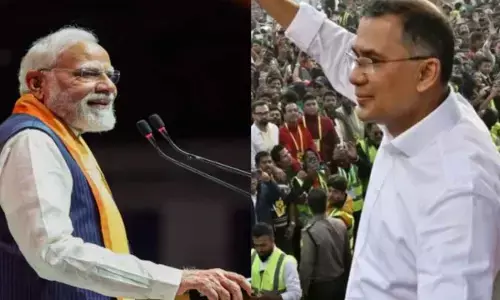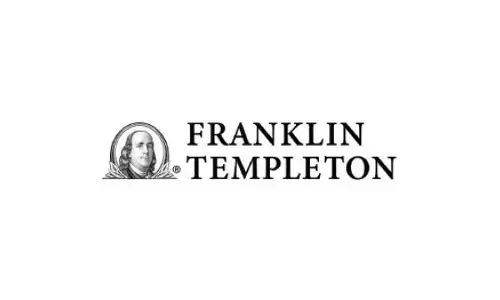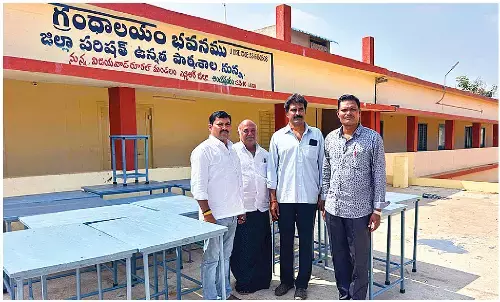Leaders need a makeover

Leaders need a makeover
The silence of impatient guns on the border and the sighs of the jobless is an ominous and nervous combination taking shape across the world
The silence of impatient guns on the border and the sighs of the jobless is an ominous and nervous combination taking shape across the world. It's a wake- up call that the polity is going wrong. Leaders across the world are falling short as country after country is being let down by them.
Whether it's the health crisis, the growing social conflicts, economic crisis or border tensions, economies are in severe distress. The looming uncertainty and possible food insecurity must alert us of the serious situation. We are floundering in a vicious deprivation of ethics, lack of values or even a stable vision. If you look closely, the one common denominator that cuts across different cultures and politics is the quality of leaders.
Mediocrity is holding us hostage and we can blame only ourselves. We have become crass nationalists, regionalists, even casteist and willing objects of servitude. Most of us are merely struggling to exist and hoping to rise above the intellectual poverty of our own minds.
We have forgotten the qualities of statesmanship as we struggle with our frustrations and lost dreams, unable to think beyond the short term. The root of the leadership crisis is within us. We now look for situational leaders who know how to take advantage of opportunities instead of visionary leaders who can inspire and mould the world for collective harmony.
The damage is severe but then, the quality of leadership is a reflection of our times. We are stuck in the age of instant gratification. Foolishly we vote to power the situational leaders because they appear to be problem solvers and have the ability to spin their way around situations.
Visionary leaders do not appeal to us because they talk about vision and values and they motivate for the long term. It reflects our insecurities as we follow quick fix leaders. We have stopped thinking of a future beyond our own and prefer to be timid followers.
The historical models of effective leaders have been kings and rulers and then the political leaders who were strong, benevolent and progressive in their views. They followed ethics and values that did not discriminate and were capable of living in harmony with other states.
Undoubtedly, the character of the nation state moulds itself to the vision and values of the political leadership. The maturity, vision and experience of the political leadership sets the tone and impacts the quality of decision making at the ground level.
The past century has witnessed war, strife and turmoil and it was exemplary statecraft of progressive leaders that guided it through the challenging times that spanned the American Revolution, the two world wars that marked the ambition of nationalism and aggression, the Indian independence movement, the end of apartheid and the unification of Germany amongst others.
Over the past decades, the global leaders who made a difference were liberal and their journey was based on the vision of collective social and economic upliftment. The Nuremberg verdict in 1946 summed up the need to ensure that civilisation does not get compromised by the men in power as happened in the Second World War.
It said, "What makes the inquest significant is that these prisoners represent sinister influences that will lurk in the world long after their bodies have returned to dust. We will show them to be living symbols of racial hatred, of terrorism and violence and the arrogance and cruelty of power."
If we can learn from historical experiences in politics as also in corporate culture, we will recognise that nation building requires a leader who is well read and capable of first articulating a sustaining vision that empowers humanity.
The world remembers John F. Kennedy for his inaugural address in 1961 where he said, "My fellow citizens of the world: ask not what America can do for you but what together we can do for the freedom of man." The Nehruvian philosophy imbibed the western concepts of equality, liberty and freedom and drew on the works of Swami Vivekananda for the mutual accommodation of religious faiths and material prosperity for its people. It is true that to a large extent the world wars influenced the global leadership to move away from nationalism and strive for a more peaceful global society.
However, today we are struggling for a vision for the future and getting sucked back into the nationalism bravado. Even in the USA, commentators have characterised Trump's policy agenda as socially conservative and his political views have been described as nationalist. Politically, we are retreating from democracy and there is a rise of populism and polarisation among democratic electorates.
There is growing dominance of money in politics. Nations are closing their borders to political, economic and environmental refugees even as the nuclear arms race threatens to escalate and environmental challenges threaten the lives and habitats of billions of people in this and future generations.
The breakthroughs in technology and knowledge are unable to promote global human welfare. We are rudderless and in the grip of the Mandela Effect, where memory becomes falsified and is deliberately or selectively leveraged to take advantage of situations.
2020 is perhaps the defining moment in our global history. Our leaders need to introspect and look within with unwavering honesty to see where they are leading civilization. Dr S. Radhakrishnan once remarked that, "Our educational system must find its guiding principles in the aim of the social order....education should give children not only intellectual stimulation but a purpose."
Good leaders translate their personal perspective into the shared vision and goals of the group that they lead but the current leaders are getting caught in rhetoric and are tripping up in developing a vision aligned to global welfare.
More recently, Jim Collins analysed leaders of successful corporations in his best selling book 'Good to Great'. He discovered that the most salient common feature was a sense of humility. The successful leaders were not the charismatic ones but the ones that tend to be quiet, modest and deliberate. They think long term and their defining characteristic is the willingness to take responsibility for their actions and of their team and accept the consequences.
We need leaders who strive for a nation state that promises justice, equality, and social cohesion. We need 'Leader Statesmen' who think global, think humanity, think peace and co-existence as equals. If our civilisation is to survive the technological onslaught of algorithms and artificial intelligence then nations have to encourage free speech and thought, encourage debate and criticism so that new leaders of high calibre can emerge.
This is the time for global leaders to demonstrate character. Let history, at least, remember them as leaders and not as the famous Emperor who had to be reminded by a child that his clothes were his own imagination.
That he was naked and ugly and was the laughing stock behind his back. Until now, it was the people who were looking to them for leadership. It is time now for the leaders to search for their leadership within themselves. It's time for us to seek out leaders that can think global.
(Himanshu Manglik is founder and president, WALNUTCAP Consulting LLP. The views expressed are personal)










